Archery Goal Setting Guide
Why should you set archery goals?
“There is no favourable wind for the sailor who doesn’t know where to go” – Seneca
As the quote suggests, setting goals is important so that you know what you need to do in your archery training. We highlighted a key point on our How To Train for Archery page but it’s worth repeating here; these archery goals are personal to you. There is no right or wrong answer and no goal that is too big or too small. If it’s something you want to do and it excites you then you’re on the right track.
Now I don’t want to flog a dead horse here.
Everyone knows or has at least heard of the ‘SMART’ framework. Put ‘goal setting’ in a search engine and millions of articles come up that follow it. Ok, maybe not millions, but you get my point. All you need to know is that it stands for: specific, measurable, achievable, relevant, timed.
When you set a goal you should make sure it meets these criteria. Generally you can split goals into outcome or process goals. Your ultimate goal will probably be an outcome goal (win X competition) but you will need multiple process goals to get there.
Importantly, during a competition you should be focussed on a process goal that you believe will result in your desired outcome. Focussing purely on an outcome goal is often very destructive.
If you want to read more about the SMART framework, a quick Google will reveal all you need to know. However, I want to focus on a different approach here.
Here’s why I think you need a different approach. Goal setting in archery is easy. Achieving them is the hard part!
I want to guide you and improve the chances of you realising your goals. To do that, it’s important to ask some specific questions. I’m afraid there isn’t a nice sounding acronym like ‘SMART’ to go along with this guide, but I’m sure you’ll survive.
The Fastest Way to Learn Archery
Save years of frustration and improve your technique and scores today. Without spending thousands on equipment or travelling hours for coaching. Plus OAA readers get 20% off.
Expert step-by-step guidance, lifetime access and a 100 day money-back guarantee, no questions asked.

STEP 1: YOUR WHY
So you’ve identified some SMART goals already, now it’s time for the hard part.
Think about why this goal is important to you and what made you choose this goal over your other options. Write down the answer to the following question.
– Why do you want to achieve this goal?
If you can’t think of a strong answer here, it’s probably time to take another look at the SMART goal stage and find a goal that really excites you.
STEP 2: YOUR REALISATION
Now this part is all about imagining what it would feel like to achieve your goal. As you do this exercise, write down what you are thinking and feeling.
Imagine you have worked hard, and finally achieved the goal you set for yourself.
– How does it feel to achieve your goal?
– How have you grown as a person and archer?
– What does this mean for you, your family, your team, your club, your country?
– How does this affect your life?
– How can achieving your goal affect other people in a positive way?
STEP 3: YOUR JOURNEY
Imagine in your minds eye your archery training and preparation on the way to achieving this goal you have set. Visualise yourself progressing every week. See yourself really improving, enjoying this training and challenging yourself to improve. Clearly picture yourself feeling great during every training session and feeling confident in your preparation.
This would be an ideal case but there are very often set backs and periods of time where it feels like you’re making no progress. Sometimes it feels like you’re actually going backwards. Now imagine anything that could hijack your plans, or go wrong during your preparation and write it down. This stage is all about contingency planning, and preparing yourself so you are more ready if things do not go to plan.
– What do I do if I’m working to improve my technique to get to my goal but my scores drop massively?
– What can I do if my shot is feeling worse and worse as time progresses?
– What external factors could stop me from training properly? Think about your commitments to school, work, family, friends, other activities.
– What’s the most likely thing that could jeopardise my performance or stop me achieving my goal? How can I combat this head on?
– What can I do if I miss training because I’m ill or injured?
STEP 4: YOUR PLAN
Setting your archery goals is one thing. Now it’s time to mastermind how you will actually achieve these goals.
Ask yourself these questions and write down the answers:
– Name 1 key area that you need to improve to reach your goals. Do this for your technique, mental game and physical conditioning.
– Name 2-3 activities/training sessions/drills you could do to improve each of these key areas.
– Is there 1 area you can improve or 1 activity you can do that will help you improve all these areas together?
– What does your training plan need to look like to improve these areas and fit these activities in?
– How are you going to measure progress if your scores take a dip? What are your metrics to see if you are improving? Choose one metric for each of the mental, physical and technical areas.
– If you only had 1/4 of the time to achieve your goal, what would you do differently?
STEP 5: YOUR SUPPORT
You should build a group of people who can support you when things are not going to plan. This can really be key to keep you on the right track and help you continue pushing forwards at all times. When you go through your archery goal setting it’s important to remember this stage. Many people overlook this area.
Some examples of people who could be in your support team:
– Do I need a coach who I can work with?
– Do I need a fellow archer to talk to and/or train with?
– Who within my friends and family can I turn to to help me when things don’t go to plan?
– Is there anyone I can look up to as a mentor to provide guidance? Simply reading the autobiography of your sporting hero and how they overcame challenges can help massively. Perhaps you can find a mentor from a different area of your life who can provide guidance?
STEP 6: YOUR SELF TALK AND MINDSET
This is the final part of this exercise. This is like a reset switch for when things are not going well in archery, and you need to remind yourself why you want to reach the goals you set yourself.
Music is one of the most influential tools you can use to affect your mood. The first step is to create a music playlist on your phone of songs that get you fired up and motivated. These songs will be personal to you, but it’s important to make this playlist now and save it on your phone for when you need it. You can also use motivational videos in the same way, just save the links to these videos in your phone so you can get to them easily.
Now, write the answers to these questions down on our sheet or a cue card and keep them somewhere handy. When you need to re-energise, put your music playlist on and read through your answers to these questions.
– What is my goal?
– Why do I want to achieve this goal?
– What would it feel like to achieve my goal?
– How much have I improved since starting archery?
– If other archers and sportspeople have achieved seemingly impossible goals, why can’t I?
I hope this has provided a new outlook on goal setting and specifically on achieving your archery goals. Please feel free to share this article with anyone who you think might benefit from it. Thanks for reading!
